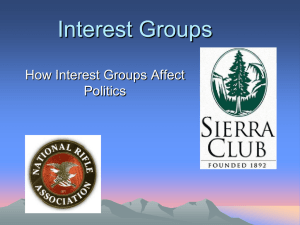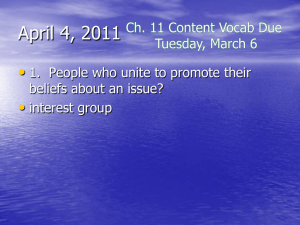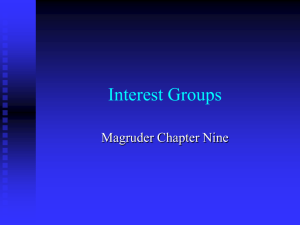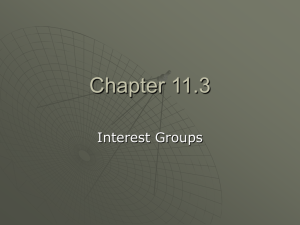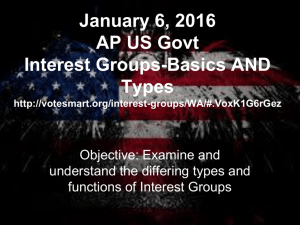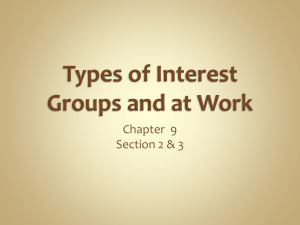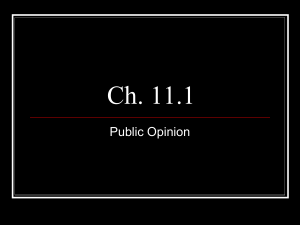THE EXECUTIVE BRANCH REFORM ACT Bill Summary Rep. Henry A. Waxman
advertisement
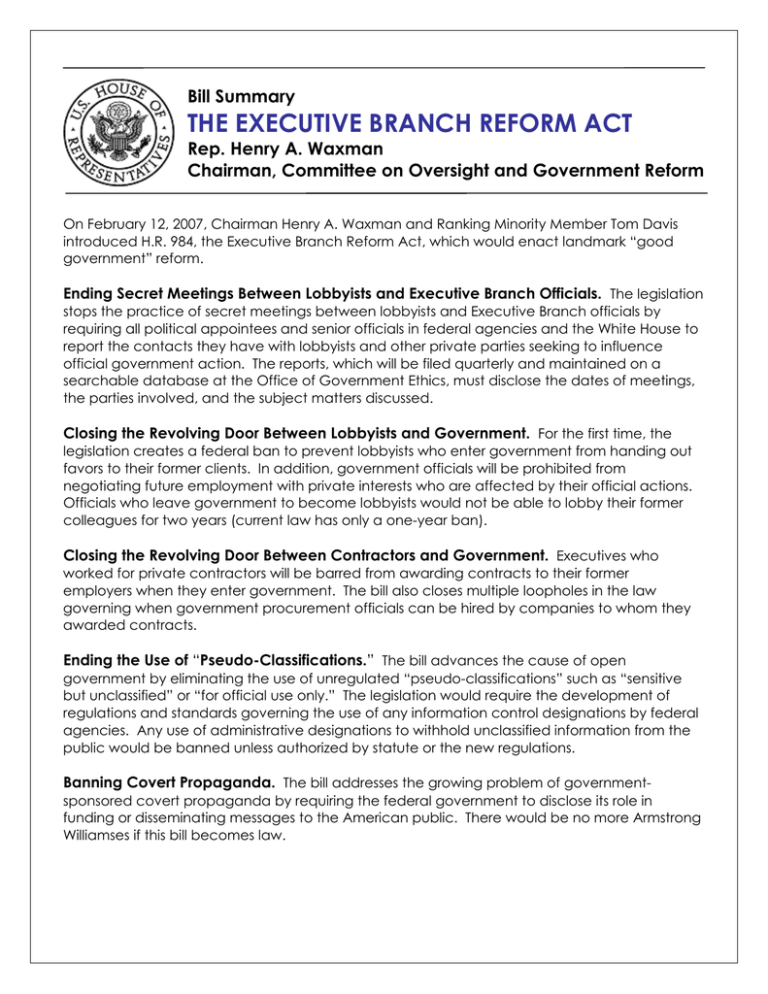
Bill Summary THE EXECUTIVE BRANCH REFORM ACT Rep. Henry A. Waxman Chairman, Committee on Oversight and Government Reform On February 12, 2007, Chairman Henry A. Waxman and Ranking Minority Member Tom Davis introduced H.R. 984, the Executive Branch Reform Act, which would enact landmark “good government” reform. Ending Secret Meetings Between Lobbyists and Executive Branch Officials. The legislation stops the practice of secret meetings between lobbyists and Executive Branch officials by requiring all political appointees and senior officials in federal agencies and the White House to report the contacts they have with lobbyists and other private parties seeking to influence official government action. The reports, which will be filed quarterly and maintained on a searchable database at the Office of Government Ethics, must disclose the dates of meetings, the parties involved, and the subject matters discussed. Closing the Revolving Door Between Lobbyists and Government. For the first time, the legislation creates a federal ban to prevent lobbyists who enter government from handing out favors to their former clients. In addition, government officials will be prohibited from negotiating future employment with private interests who are affected by their official actions. Officials who leave government to become lobbyists would not be able to lobby their former colleagues for two years (current law has only a one-year ban). Closing the Revolving Door Between Contractors and Government. Executives who worked for private contractors will be barred from awarding contracts to their former employers when they enter government. The bill also closes multiple loopholes in the law governing when government procurement officials can be hired by companies to whom they awarded contracts. Ending the Use of “Pseudo-Classifications.” The bill advances the cause of open government by eliminating the use of unregulated “pseudo-classifications” such as “sensitive but unclassified” or “for official use only.” The legislation would require the development of regulations and standards governing the use of any information control designations by federal agencies. Any use of administrative designations to withhold unclassified information from the public would be banned unless authorized by statute or the new regulations. Banning Covert Propaganda. The bill addresses the growing problem of governmentsponsored covert propaganda by requiring the federal government to disclose its role in funding or disseminating messages to the American public. There would be no more Armstrong Williamses if this bill becomes law.
